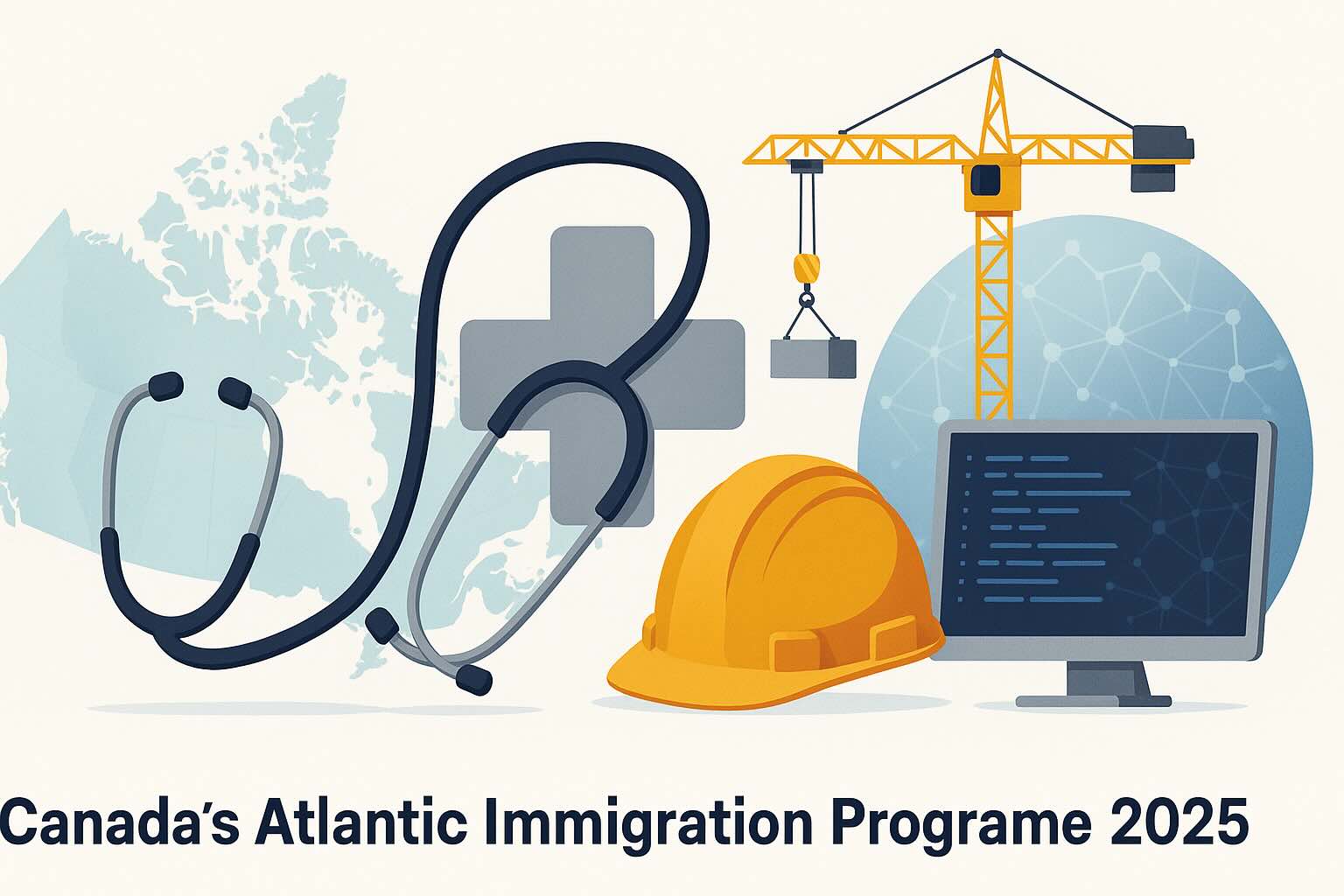
Saskatchewan Receives Increased Immigration Allocation, Creating New Opportunities for Priority Sectors
The Canadian province of Saskatchewan has announced that its 2025 Provincial Nominee Program (SINP) has received an additional 1,136 nominations from the federal government, bringing its total annual allocation to 4,761. This adjustment reopens application pathways for several sectors that were previously paused due to reaching their caps. Against a backdrop of diverging immigration allocation trends across Canada, this development in Saskatchewan, along with increases in several other provinces, highlights the complex and evolving landscape of federal and provincial immigration policies.
08/29/2025

Canada's Atlantic Immigration Program: 2025 Updates See Provinces Prioritize Key Sectors and Occupations
In 2025, Canada's Atlantic Immigration Program (AIP) is entering a new strategic phase due to adjusted federal immigration allocations. To manage reduced quotas, the four Atlantic provinces are concentrating their resources on key sectors vital to their local economies. Healthcare, construction, and information technology have become focal points for attracting talent. This report provides an in-depth analysis of the latest priority sectors and occupations for each province, examines the alternative pathways available in New Brunswick following its AIP pause, and offers authoritative guidance for applicants planning to immigrate through this program in 2025.
08/21/2025

Canada Tightens Temporary Foreign Worker Policy: 26 Major Cities Halt Processing of Low-Wage LMIA Applications
On July 11, the Canadian government updated its list of restricted regions for the Temporary Foreign Worker Program (TFWP). According to the latest directive, 26 Census Metropolitan Areas (CMAs) across the country will suspend the processing of "low-wage stream" Labour Market Impact Assessment (LMIA) applications due to unemployment rates at or exceeding the 6% threshold. This measure is a continuation of a policy announced by the federal government in early 2024, aimed at protecting job opportunities for local residents in areas with high unemployment. The expansion of this list, which includes major immigration destinations like Toronto and Vancouver, undoubtedly has profound implications for many foreign nationals and their employers seeking to obtain or extend work permits for low-wage positions.
07/12/2025

2024 Canadian Immigration Policy Review — Changes to LMIA-Exempt Work Permits
In 2024, the Canadian federal government introduced several adjustments to its Labour Market Impact Assessment (LMIA)-exempt work permit policies. These changes encompass Spousal Open Work Permits (SOWP), New work permit for PNP nominee candidates, Updated instructions regarding ICTs under the IMP and more, aimed at optimizing immigration structures and managing the proportion of temporary residents. Below is a professional analysis of the key policy changes and their implications.
01/13/2025

Canada Tightens Intra-Company Transferee Work Permit Guidelines
On October 3, 2024, Immigration, Refugees and Citizenship Canada (IRCC) released updated guidelines concerning the Intra-Company Transferee (ICT) work permit category. These revisions introduce a more restrictive interpretation of the ICT category, significantly impacting foreign companies seeking to establish or expand operations in Canada.
10/18/2024